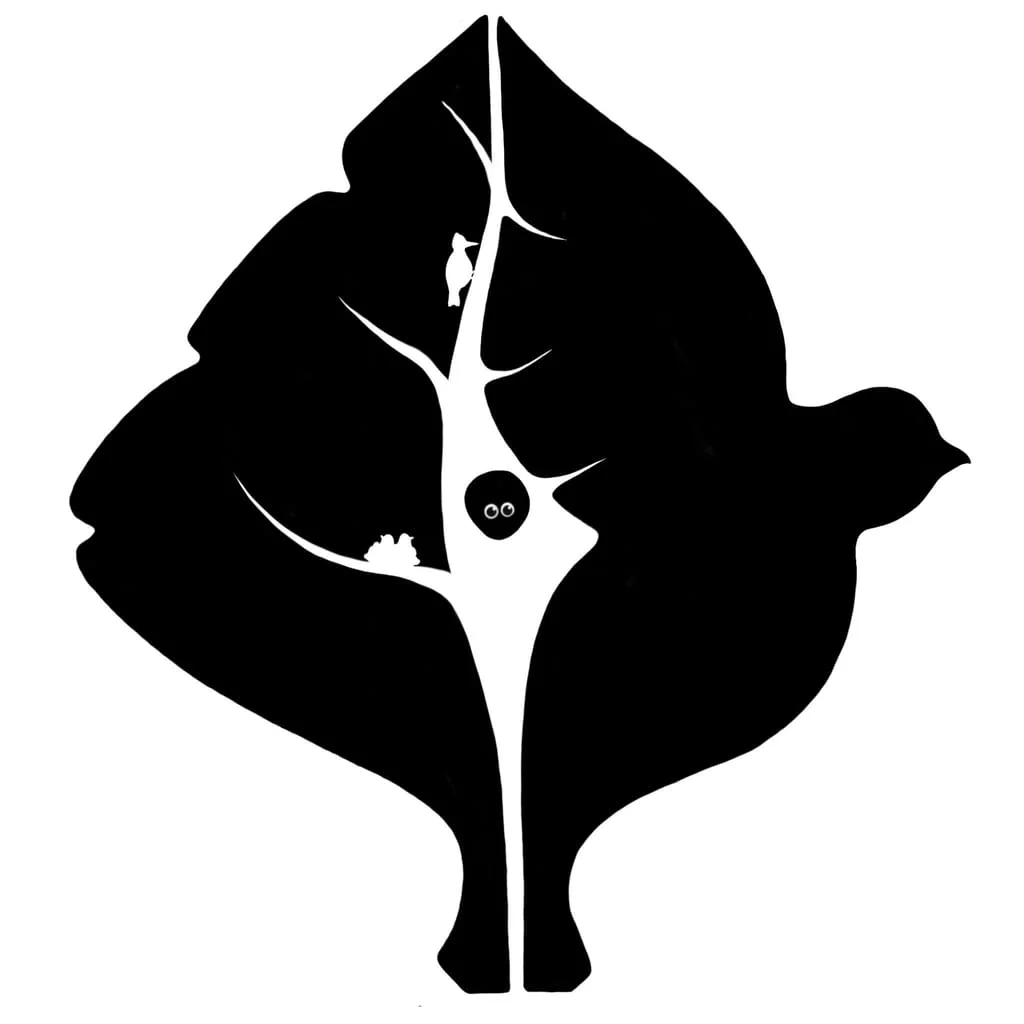Ruth Wittersgreen received her Bachelor's Degree in Psychology from the University of South Florida, graduating Magna Cum Laude, at the age of 20. Not only was she the first in her large extended family to go to college, she was the first to graduate high school. Growing up with a very young, single mother, and a (unfortunately, not often present) gay father, she had an early start in grasping the complexities of life. Often living in quite difficult circumstances, with very few material belongings, Ruth learned early to appreciate the beauty of the simple things, particularly the value and joy that comes from helping others.
For a good bit of her youth, Ruth lived and went to school in neighborhoods that were at least as financially poor as her family; her mother and father became parents when they were young teenagers. Ruth and her siblings were often the only “white” kids in their community and classrooms, which taught her to not “judge a book by it’s cover”. She learned, well before it was something that was readily talked about, the vast divides that can exist between peoples’ lived experiences, despite how similar or different they may appear, the entrenched inequalities that can keep people down no matter how intelligent and hardworking they are, the pain of being treated as “less than” for things about oneself over which one has no control, what systemic racism looks like and the unearned privileges afforded based on the color of her own skin, as well as the pain and isolation of being “othered” - an outsider. Ultimately, she believes that each person is the best source of knowledge about what it is like to be who they are, that there are many more facets to anyone’s identity than meets the eye, to assume little about another, and to act based on the belief that what connects us is more powerful than what divides us. And, Dr. Wittersgreen is constantly learning, questioning, and growing, herself - recognizing that none of us have everything "figured out" - we are always a work in progress.
Life has been Dr. Wittersgreen’s most important instruction for helping others. She has learned to value authentic relating, one human to another, above all else, that joy can be found even in our darkest hours, and often the hardest things one experiences are the seeds of their greatest strengths. Sometimes, therapy is what is needed to help remove barriers to the growth of such seeds, to help them get what they need from their environment, in order to thrive. Working as a psychotherapist is like being a gardener, one who knows a lot about what plants, in general, need to do well, and who, with caring engagement, can help, but ultimately, the genius of any plant’s growth, its blooming, arises from its own inherent qualities, and the added support simply promotes its ability to flourish, in a hard world, where there are many obstacles to overcome. Needing such support at times is to simply be human, it is universal. Being able to help others as a therapist is a great privilege.
Following undergraduate work and a variety of jobs including substitute teaching, waitressing, volunteering for the Red Cross in an emergency room, working in a lumber yard, and as a patient representative in a hospital, Ruth joined the United States Air Force in the Air Transportation field. She then used the GI Bill to go on to graduate school, while still serving in the Air Force Reserves, where she earned awards including Airman of the Year and a nomination for the Twelve Outstanding Airmen for the entire US Air Force, for her work in creating a comprehensive health promotions program for her Wing. Her work as a health promotions director in the Air Force evolved over the years, continuing in her research and practice as a psychologist.
In 1996, during her doctoral training at the University of South Carolina, in the Clinical-Community Psychology program, Ruth started seeing patients/clients in the university's free clinic. Throughout her doctoral coursework and research, she was serving in the Air Force Reserves, teaching undergraduate courses, working as a teaching assistant in graduate courses, doing program evaluation at a community mental health center, and providing services in school-based mental health. Ruth did many different clinical rotations including with college students struggling with issues like sexual assault and eating disorders, working with oncology patients who were terminally ill, doing assessments in prisons, and seeing patients in a rehabilitation hospital where she focused on the psychological impact of amputation. Giving birth to her first child during graduate school taught Ruth the necessity of balance between work and the rest of life. She completed all requirements for the Doctorate in Philosophy in 2003.
Dr. Wittersgreen has now been seeing clients for 25 years and practicing psychotherapy full time, licensed and in private practice for the last 17. Her approach to psychotherapy could be described as theoretically integrated and technically eclectic, identifying most closely with the humanistic approach, but thoroughly trained in and frequently employing cognitive-behavioral techniques, as well as other skills, depending on the issues and the individuals involved. Dr. Wittersgreen enjoys being a generalist, and thus welcomes clients seeking help for a variety of issues. Regardless of the “presenting problem”, she believes in looking at the whole person, not just their symptoms or difficulties, including evaluating biological, environmental, and learned influences, always with a focus on the individual’s strengths and inherent worth and resilience.
A favorite quote:
" The future belongs to those who believe in the beauty of their dreams." Eleanor Roosevelt

